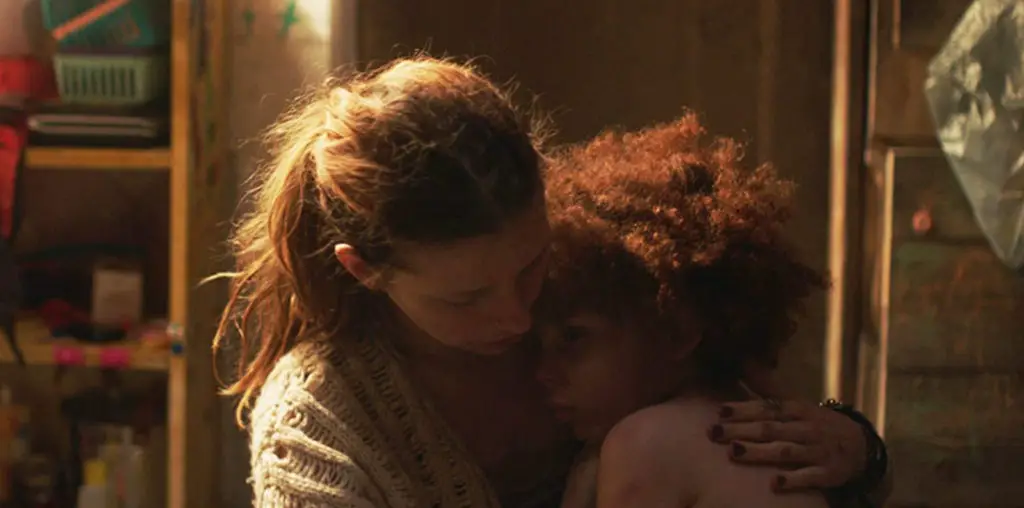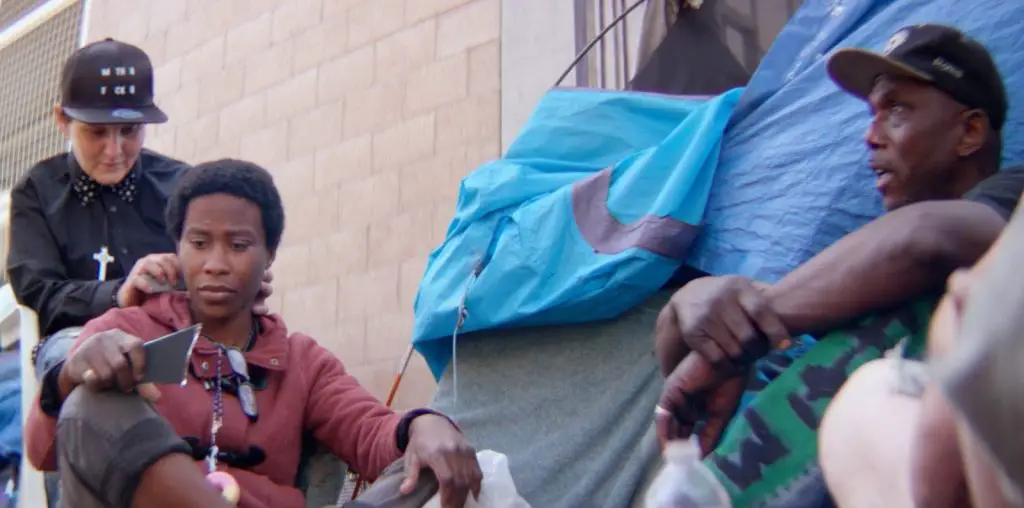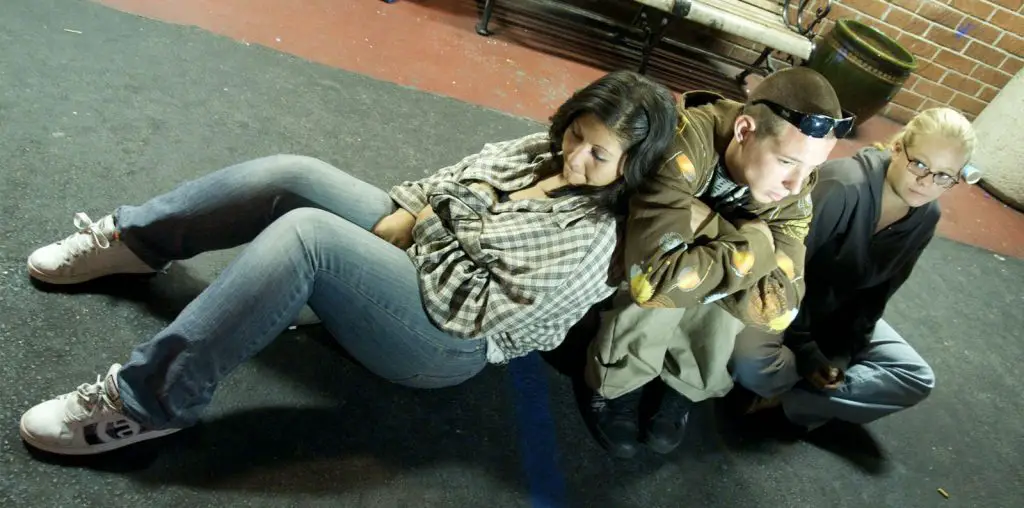
Homelessness is a ubiquitous issue that is only getting worse, and the individuals in power don’t seem to take the issue as seriously as they should. Instead of helping, politicians would rather clear a homeless settlement under a bridge to make the commute for the passerby smoother and make the community appear cleaner. Writer-director Laura Waters Hinson’s strongly affecting 27-minute documentary, Street Reporter, follows Sheila White, a homeless photojournalist. She lives in the NOMA district of Washington D.C., and uses photography to capture the experiences and anxieties of the homeless community.
Growing up in a home with domestic abuse while going on to live in and out of foster care, White has emotional and physical scars. Having been homeless for so long, she looked to Street Sense for direction and income. Street Sense is a publication that employs the homeless, helping them cultivate their media-making skills in the process. Sensibly, the filmmaker compiles footage of White in a room with other writers as they discuss their experiences with homelessness. The viewer is left considering all kinds of perspectives and dilemmas, although the doc remains centered on White and her keen eye for detail.
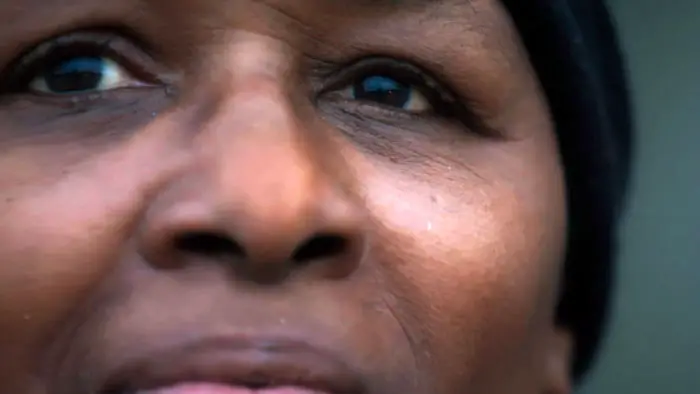
“…follows Sheila White, a homeless photojournalist who…uses photography to capture the experiences and anxieties of the homeless community.
At 59 years old, White made the decision to go to college and work on acquiring a degree in photojournalism. She aspires to represent and empower the homeless community through photography. Hinson films White in moments of contemplation, frustration, and happiness, all of which support a more complete picture of her subject. The director stays close to her subject, observing as White connects with her own subjects, revisits her turbulent past, and unearths newfound strength from within. Softly paced and structurally engaging, Hinson taps into White’s mindset effectively while simultaneously retaining enough focus on the broader issues pertaining to homelessness.
For the majority of Street Reporter, White is doing a story on “Tent City,” a homeless settlement that is scheduled to be removed by the city. One of the “Tent City” inhabitants White talks to is Mike, who is furious that the city plans to destroy his home. At the same time, Mike admits to dreaming of having his own apartment. In an immensely poignant moment, Mike says, “Right now, I’m just existing.” The scenes involving these two are hugely powerful, showing that we may be more alike than different.
Street Reporter doesn’t claim to have a solution to homelessness. But by documenting White, an individual of great talent and determination, Hinson constructs a wholly authentic, moving, and optimistic portrait of perseverance. Furthermore, this sensitive documentary draws much-needed attention to homelessness and the importance of independent journalism.
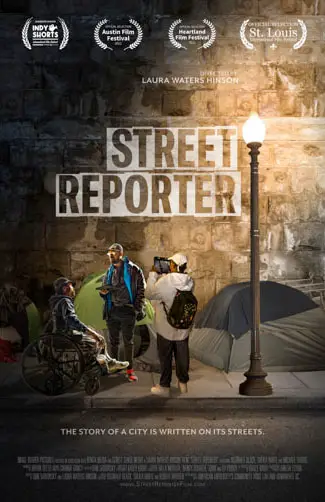
"…draws more much-needed attention to homelessness..."
